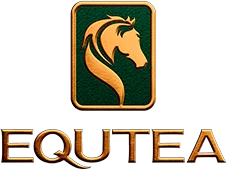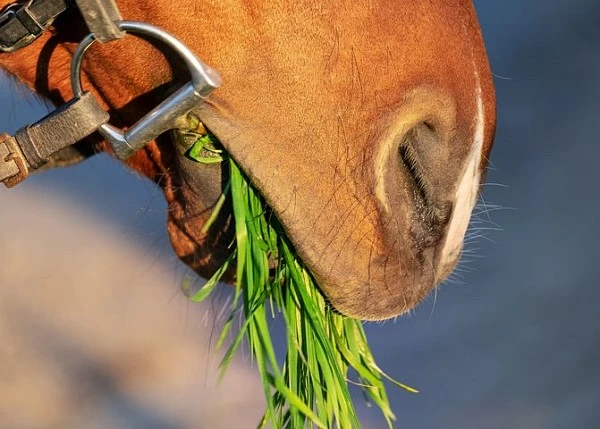HORSE DIET
04/04/2024
Horses, like humans and all animals, consume food and water primarily to satisfy their nutritional needs, but also to achieve a physical balance associated with sensory perceptions and a state of satiety. Voluntary feed consumption is therefore modulated by the animal's state of fattening and varies according to its weight, physiological state, temperature and muscular activity. For an animal with specific needs, it also varies with the physico-chemical characteristics of the feed, which influence its nutritional value and palatability. A horse's palatability is linked to the organoleptic qualities of the feed and the animal's living conditions, such as confinement. The quantity of feed is also very important, as it directly influences the size of the horse.
From a nutritional point of view, there are many types of feed for domestic horses, including forage, which provides the fibre in the ration, and concentrated feed, which increases the energy and protein content. The feed chosen by the owner determines the length of the meal and the feeding behaviour of the horse.


